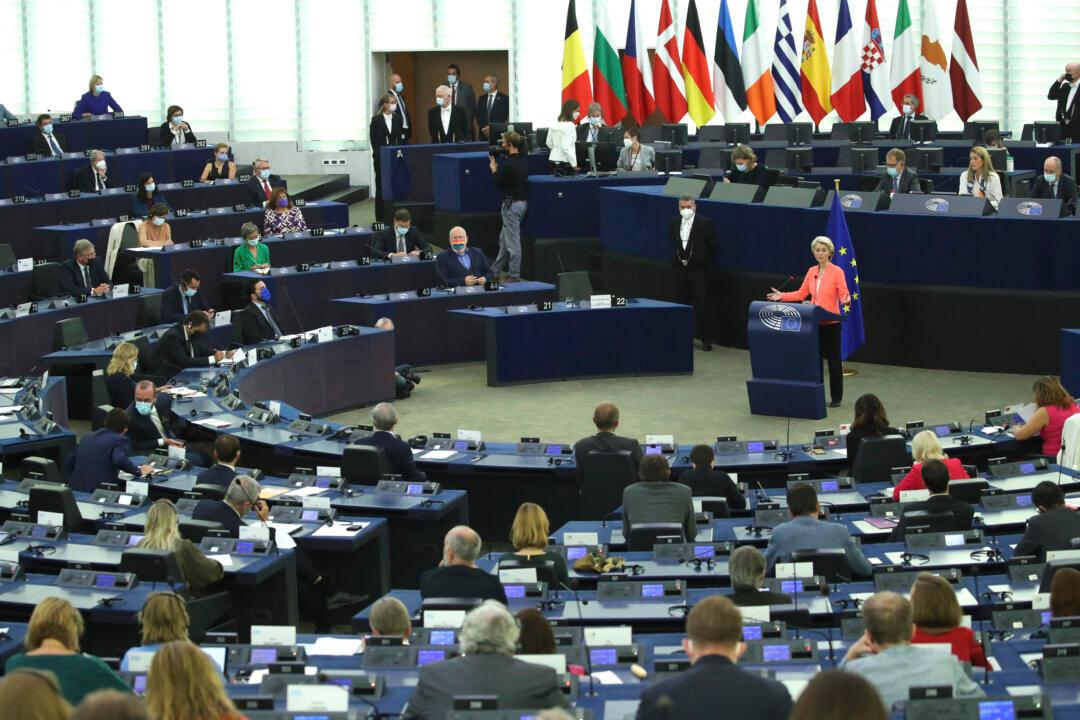Commentary
The European Union recently announced the launch of “Global Gateway,” a bold project designed to compete with China’s Belt and Road Initiative (BRI).

The European Union recently announced the launch of “Global Gateway,” a bold project designed to compete with China’s Belt and Road Initiative (BRI).